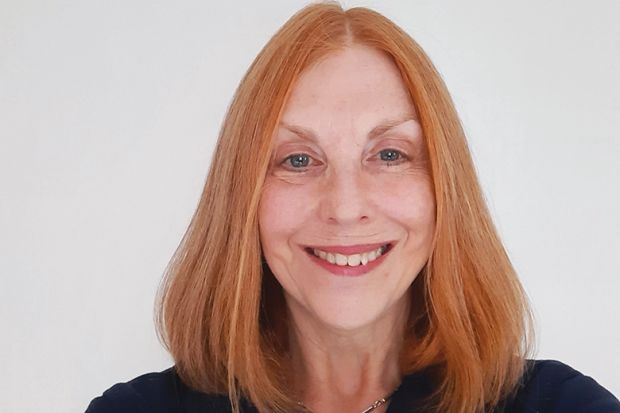What sort of books inspired you as a child?
I read huge amounts of historical fiction, covering all periods. My earliest memory of reading anything by myself was a story about cavemen in a school reading primer. It told how a young girl accidentally discovered that cooked meat was an improvement on raw flesh when she dropped some meat into the fire. (I suppose this could have happened.) Fiction certainly inspired my love of history – and I’ve been vegetarian all my adult life.
Your new book explores London in the 17th century. What first attracted you to this period of history?
The diaries of Samuel Pepys and John Evelyn are books that I’ve returned to time and again. Pepys can be read on multiple levels and I’m always finding new points of interest in his volumes. Margaret Willes does much to explain the attraction of these diarists in her book The Curious World of Samuel Pepys and John Evelyn.
What are some key texts that have shaped your approach to the analysis of changing urban lives and activities?
Vanessa Harding’s work such as A Short History of Early Modern London, 1500-1700 formed an excellent starting point. Laura Gowing’s books, including Common Bodies: Women, Touch and Power in Seventeenth-century England, encouraged me to look for sources that specifically illuminate women’s experiences. Having worked in a museum for many years, I know the value of material culture and found much of interest in Kevin Sharpe’s trilogy exploring image, power and communication. Tim Hitchcock and Robert Shoemaker’s London Lives: Poverty, Crime and the Making of a Modern City, 1690-1800 mostly covers the 18th century but, together with their online projects, prompted me to return to archival records relating to crime and poverty. Miles Ogborn’s Spaces of Modernity: London’s Geographies 1680-1780 explores how society can be understood from the changing urban landscape and helped me to think about how 17th-century Londoners would have reacted to their built environment.
Did you have any models in mind when writing your own ‘biography’ of a major city?
Not really, but it’s impossible to ignore Jerry White’s century-by-century histories of London, which are feats of organisation and full of sparkling detail.
What other sources for life in 17th-century London would you recommend to non-specialists?
For insights into everyday experience, it’s hard to beat Liza Picard’s Restoration London or Maureen Waller’s 1700: Scenes from London Life. Peter Ackroyd paints a vivid picture of the delights and uncertainties of the period in Civil War, volume III of his The History of England series.
What is the last book you gave as a gift, and to whom?
I gave our younger daughter a book of short stories by various authors called In the Kitchen: Essays on Food and Life. She’s teaching her primary school class remotely because of Covid, and I thought these stories would be something she could fit into a busy timetable. It’s an uplifting book which explores personal issues obliquely.
What books do you have on your desk waiting to be read?
Sarah Pickstone’s Park Notes: An Anthology of Writing and Art Inspired by a London Park. This is a beautiful book that combines paintings, literary extracts and contemporary essays all linked to Regent’s Park. It was a birthday gift which I think can be enjoyed in odd moments.
Margarette Lincoln was a visiting fellow at Goldsmiths, University of London from 2015 to 2020. Her latest book is London and the 17th Century: The Making of the World’s Greatest City (Yale University Press, 2021).
Register to continue
Why register?
- Registration is free and only takes a moment
- Once registered, you can read 3 articles a month
- Sign up for our newsletter
Subscribe
Or subscribe for unlimited access to:
- Unlimited access to news, views, insights & reviews
- Digital editions
- Digital access to THE’s university and college rankings analysis
Already registered or a current subscriber? Login







